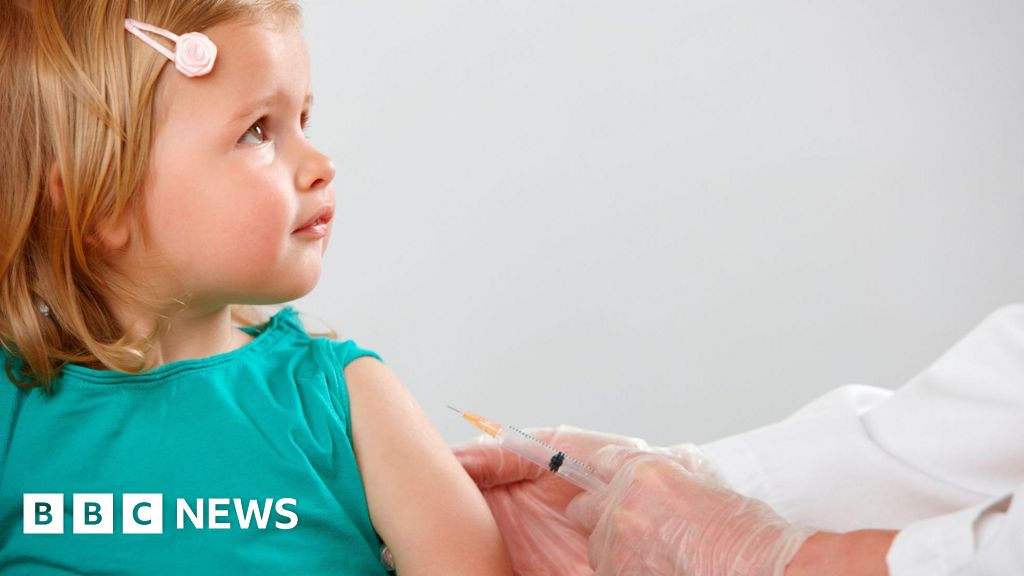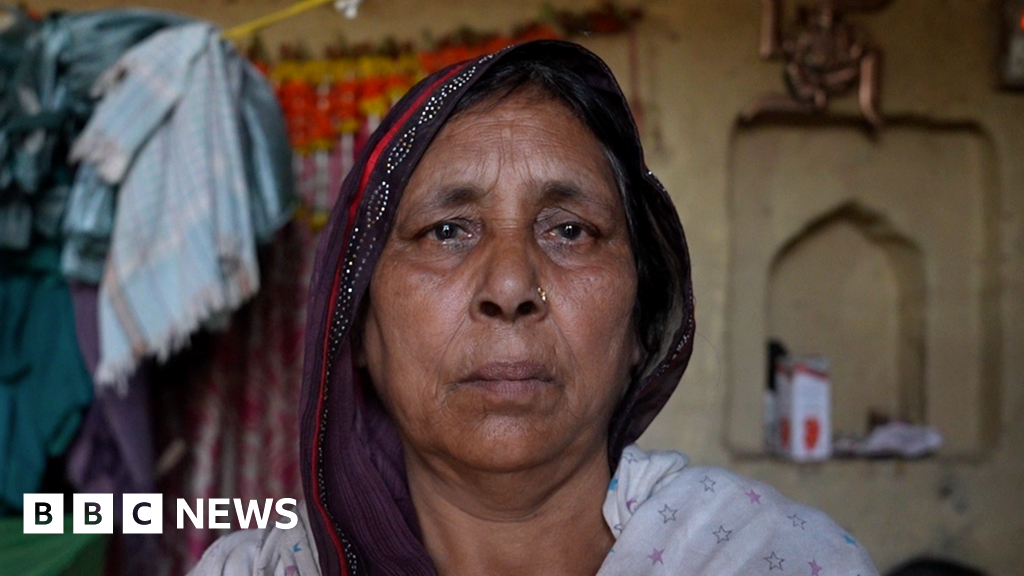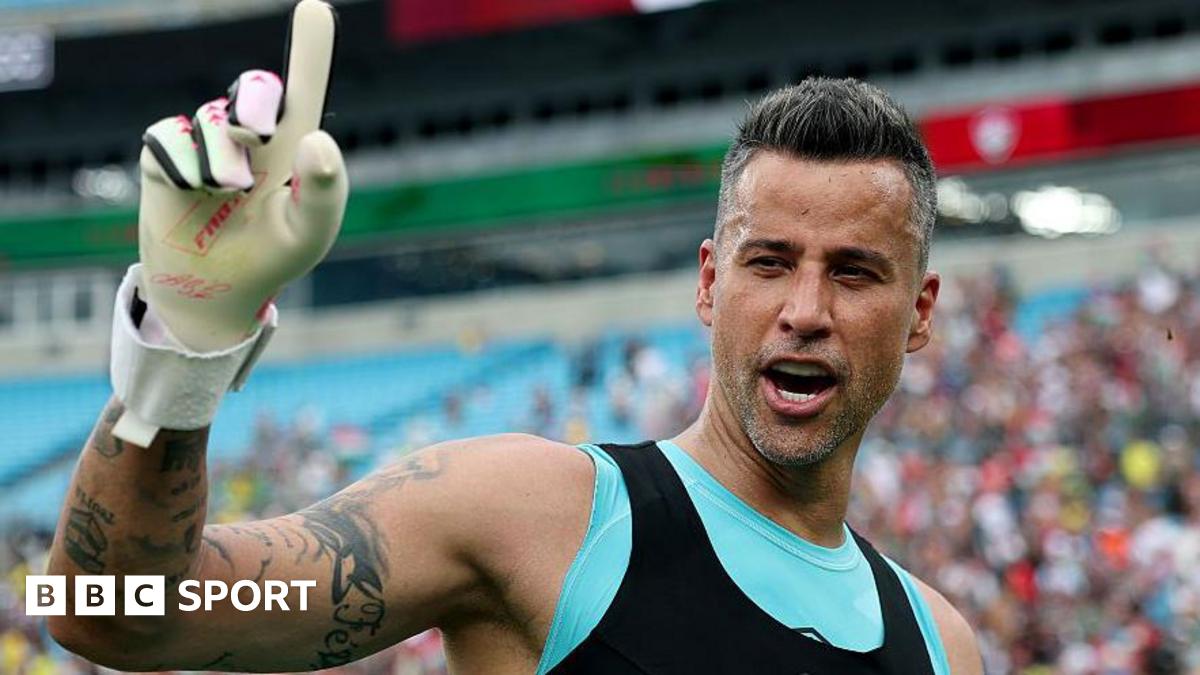The amount of time off and pay new parents can get after the birth of a child will be looked at in a "landmark" review, the government says.
Ministers said they wanted to modernise the system across paternity, maternity and shared parental leave, which campaigners said had been "overlooked for years".
Campaign group The Dad Shift called the review the "best chance in a generation to improve the system and make sure it actually works for working families".
A committee of MPs recently called the UK's parental leave system "one of the worst in the developed world" with "fundamental flaws".
Shadow business secretary Andrew Griffith said jobs would be lost if more costs were "piled on to employers".
June's report by the Women and Equalities Committee said "bold" action was needed to address those flaws, but warned that any changes would require significant investment.
Business Secretary Jonathan Reynolds said businesses, like parents, had been telling ministers that the system needed a "serious looking at".
"We haven't had a serious look at parental leave for several decades now in the UK," he said.
"The time is now, and if people have got strong views on that, I want them to come and get involved."
The shadow business secretary said: "If you've no job in the first place it doesn't matter how much family leave you get."
The government's review will look at statutory leave, which is the minimum amount employers have to provide by law and is funded by the government. Some companies choose to top this up for their employees using their own money.
Statutory maternity leave allows most new mums and birthing parents to take up to 52 weeks off work.
Statutory maternity pay is paid for up to 39 weeks, providing 90% of a person's average weekly earnings - before tax - for the first six weeks.
The following 33 weeks pays either £187.18 per week, or 90% of their average weekly earnings again - whichever is lower.
Mums are ineligible for statutory maternity pay if they are self-employed or earn less than £125 a week.
Statutory paternity leave, which was introduced in 2003, allows most new fathers and second parents in the UK to take up to two weeks off work.
It applies to all partners, regardless of gender, after the birth, surrogacy or adoption of a baby. Like with maternity leave, those who are eligible receive £187.18 a week or 90% of their average earnings, whichever is lower, for those two weeks.
That works out as less than 50% of the National Living Wage - the minimum amount that employers are legally required to pay anyone aged 21 and over.
Fathers cannot receive statutory paternity leave and pay if they are self-employed or earn less than £125 a week.
Shared parental leave was introduced in 2014 and allows parents to share up to 50 weeks of leave and up to 37 weeks of pay after the birth or adoption of a child.
Announcing its review of the whole parental leave system, the government acknowledged that take-up of shared parental leave was very low, as well as the fact that one in three dads do not take paternity leave because they cannot afford to.
George Gabriel, co-founder of The Dad Shift campaign, said paternity leave was "groundbreaking" when it was introduced by the last Labour government, but by remaining unchanged since then had become the "least generous in Europe".
He said he was "delighted" with the review and "ambitious for the change to come".
Rachel Grocott, chief executive of the Pregnant Then Screwed charity, said improving parental leave overall would help to close the gender pay gap and give children the best start in life, adding that investing in the system was a "no-brainer".













